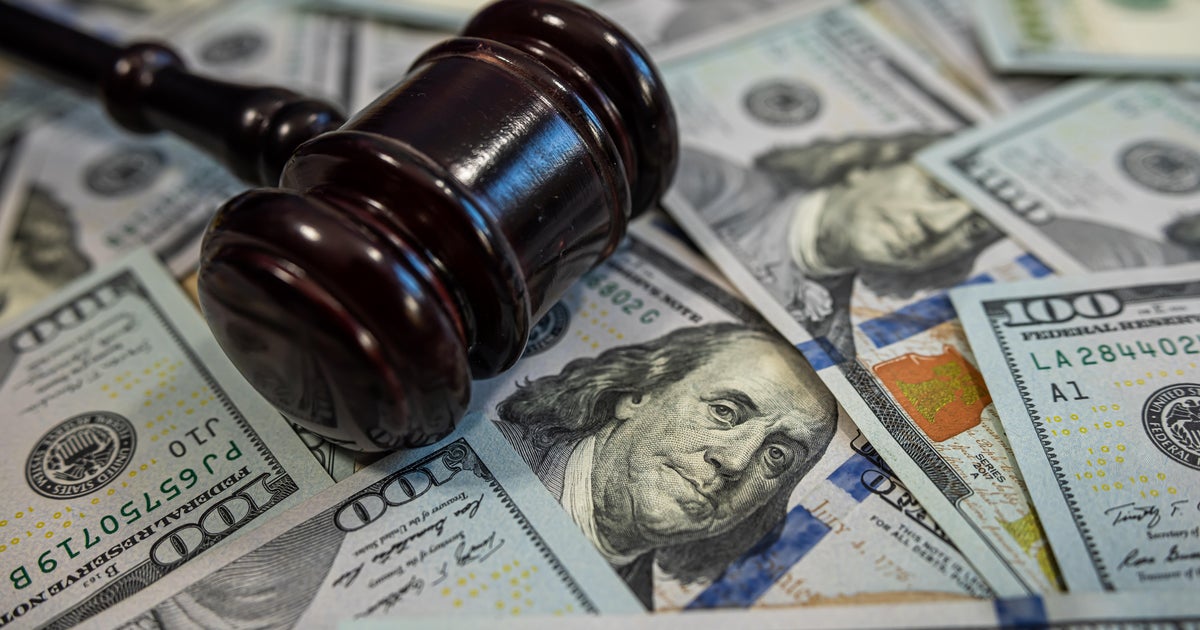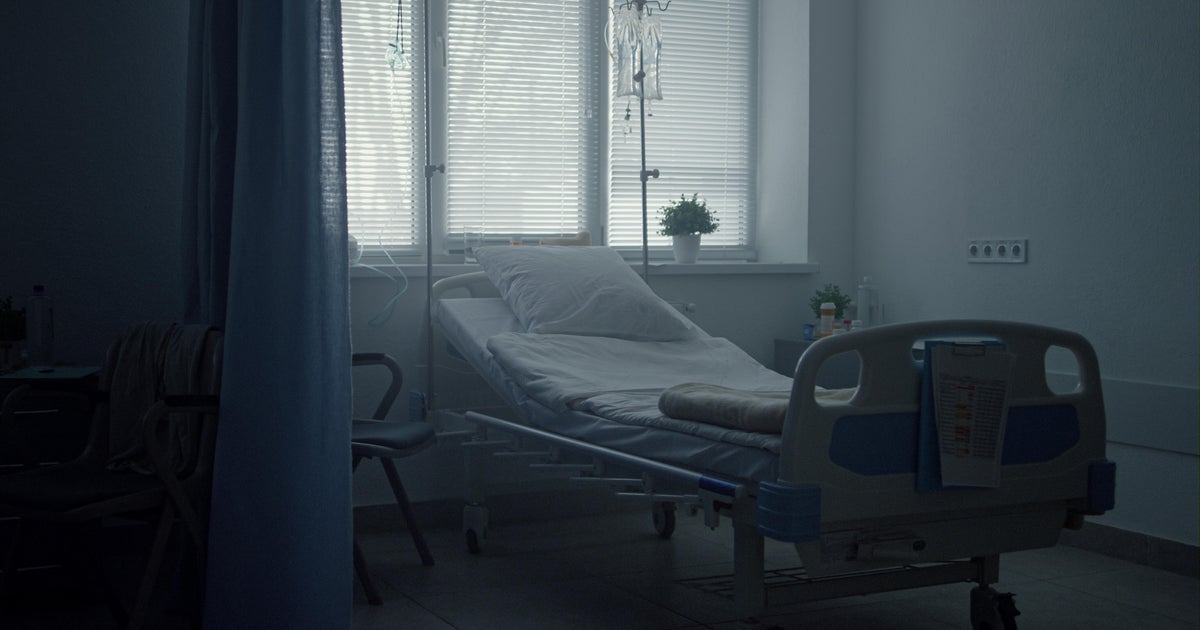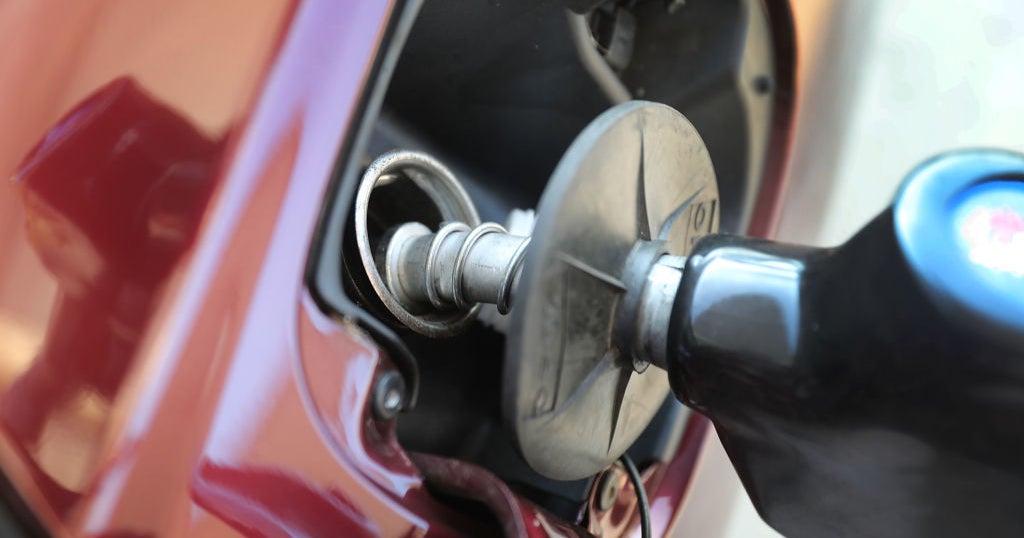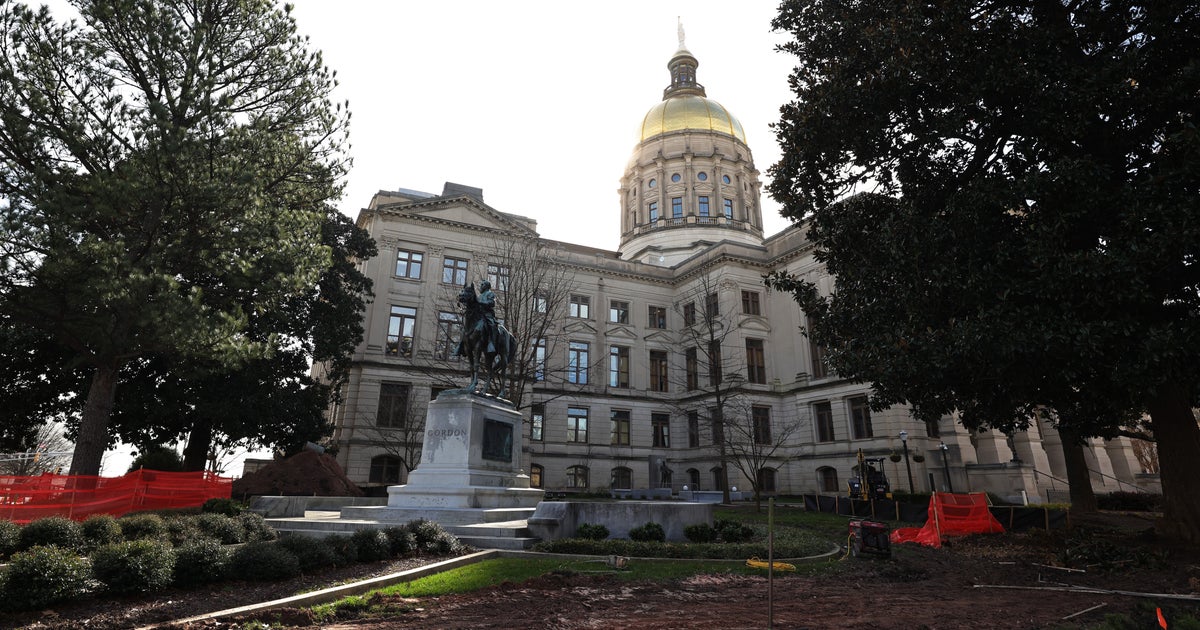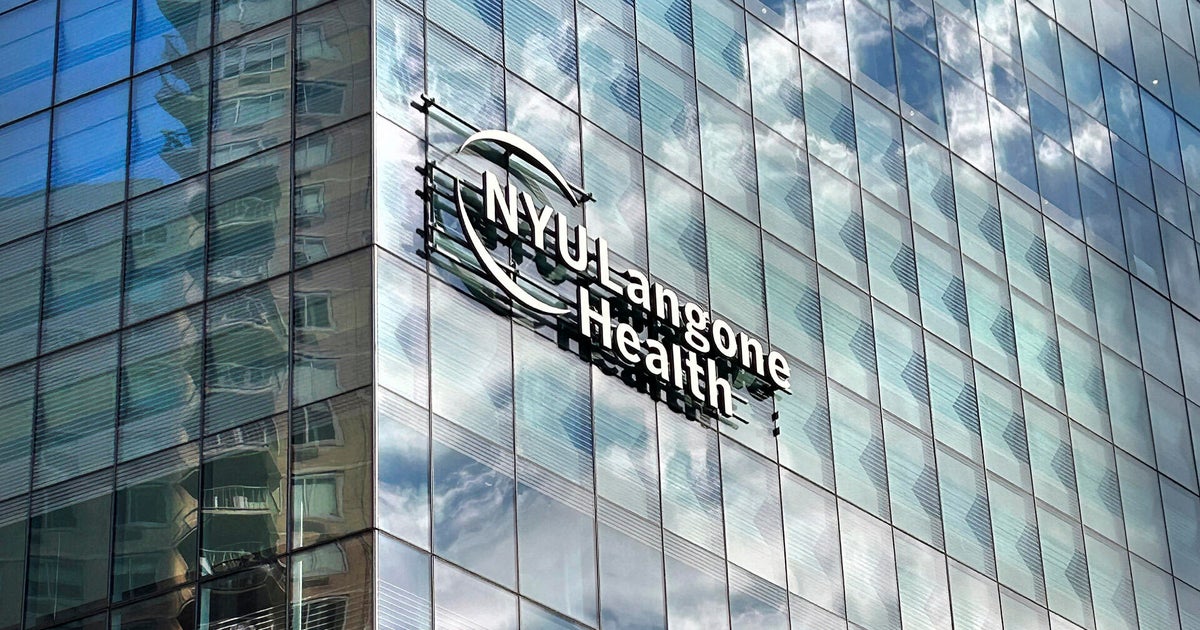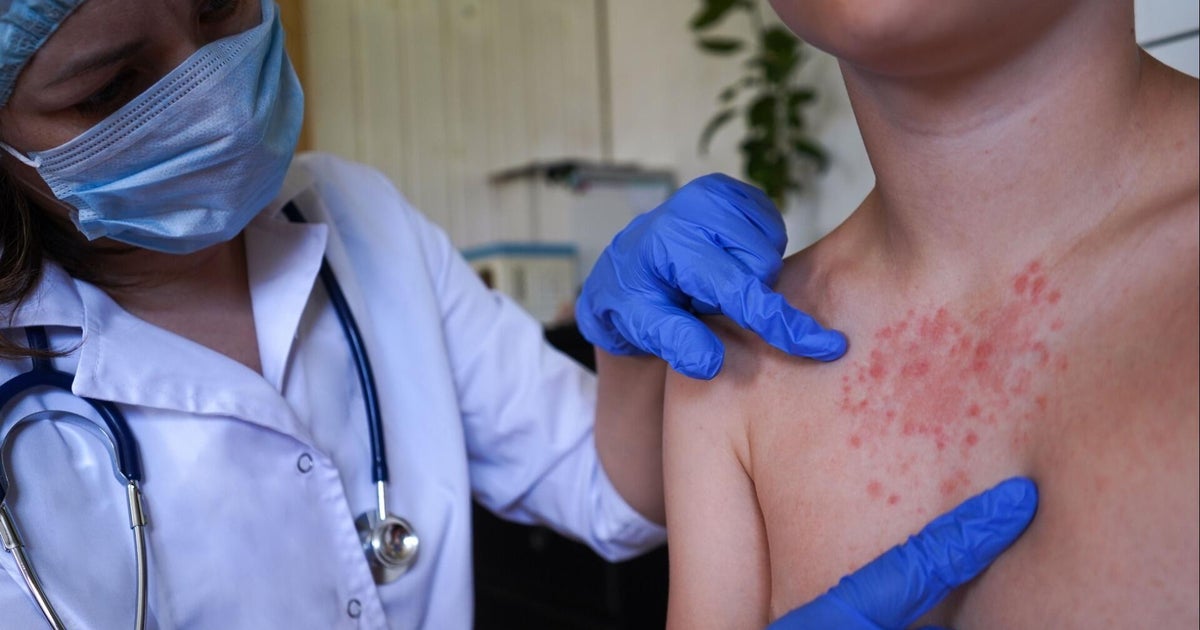Md. House Passes Health Care Reform Measure
ANNAPOLIS, Md. (AP) -- A measure to further implement federal health care reform in Maryland passed the House of Delegates on a 93-43 vote Monday with little debate.
The measure creates a dedicated funding stream for the Maryland Health Benefit Exchange, which is a new insurance market that will offer residents a choice of private health plans. While the exchange is on track to be up and running by Jan. 1 with federal help in the first year, the state will begin paying roughly $24 million in fiscal year 2015. The money will come from an existing 2 percent tax on insurance plans that are state-regulated.
The measure also includes an expansion of Medicaid eligibility to 133 percent of the federal poverty line, compared to the current 124 percent. The federal health care law gave states the option to accept expansion, refuse it or postpone a decision.
The bill was supported by 92 Democrats and one Republican; 42 Republicans and one Democrat voted against it.
Vincent DeMarco, president of the Maryland Citizens' Health Initiative, praised Maryland officials for embracing the plan.
"This will help many thousands of Marylanders get the health care they need and reduce the uncompensated care we all now pay for the hospitalization of the uninsured," DeMarco said.
But opponents, including Delegate Anthony O'Donnell, noted the controversy on the overhaul in other parts of the country, where some states are not participating. O'Donnell, the House minority leader, he said he believes it will hurt the state financially in the future.
"Many people in the country, obviously, are deeply divided on this issue," O'Donnell, R-Calvert, said. "Many governments, many state governments, are not implementing this. Maryland is rushing headlong into it."
The 133 percent level is an amount equivalent to about $29,327 for a family of four. The federal government will pay the entire cost of the expansion in the first three years. Federal support will drop gradually in the years after that to 90 percent in 2020.
Medicaid would be expanded to an estimated 91,000 people in 2014. It would be expanded to an estimated 143,000 by 2020, according to state estimates.
Under the exchange, about 147,000 people would be covered in 2014, and an estimated 284,000 would be covered in 2020.
Maryland now has an estimated 740,000 uninsured residents. The total amount of uninsured would be cut in half by 2020 the health care overhaul.
The legislation also includes provisions to ease the transition for enrollees of the Maryland Health Insurance Plan into the exchange.
The bill now goes to the Senate, where a similar bill is pending.
Maryland was among the first six states to get approval by the federal government to operate a state-based health insurance exchange.
The state approved legislation in 2011 and 2012 to create the policy and operational framework of the exchange with stakeholders across the state. The state expects to begin enrolling people for coverage in October.
Maryland is set to have a statewide network of people to help provide education and information as well as application and enrollment assistance to those who need it. Maryland Health Connection is scheduled to open a call center in July in advance of open enrollment to help residents and small businesses by providing translation services, help for the disabled and customer service.
(Copyright 2013 by The Associated Press. All Rights Reserved.)
